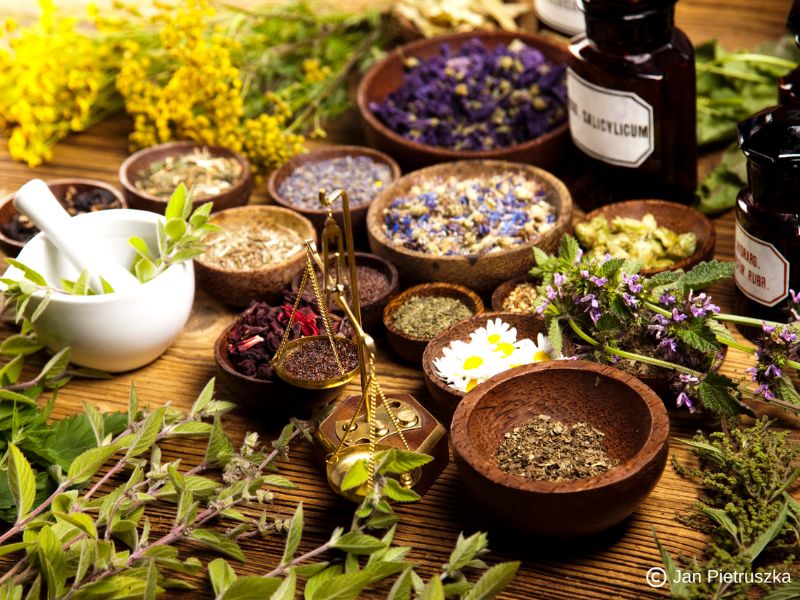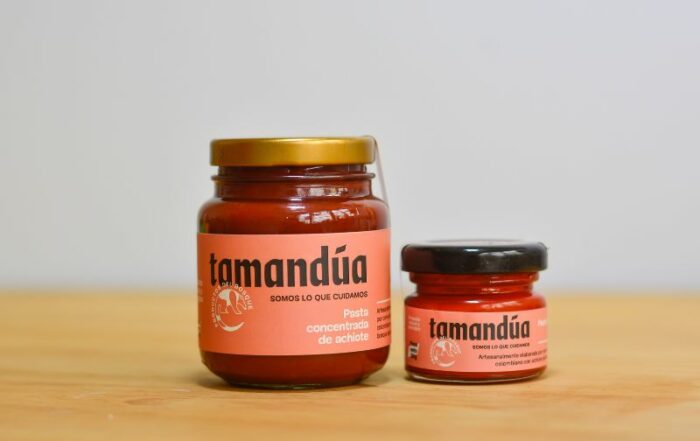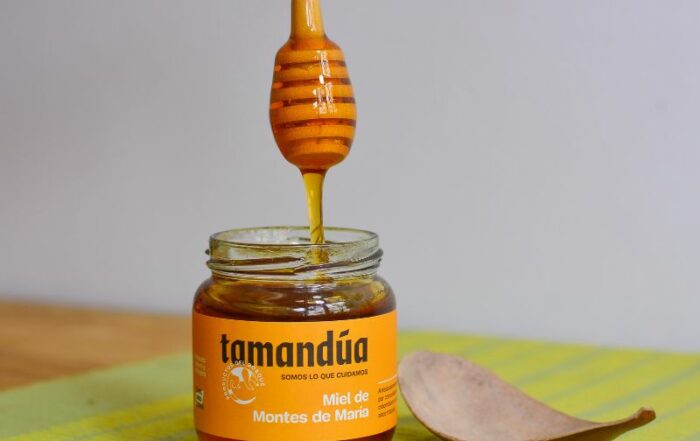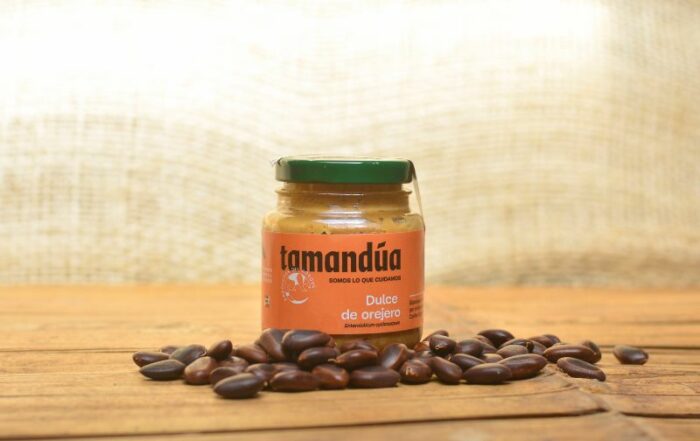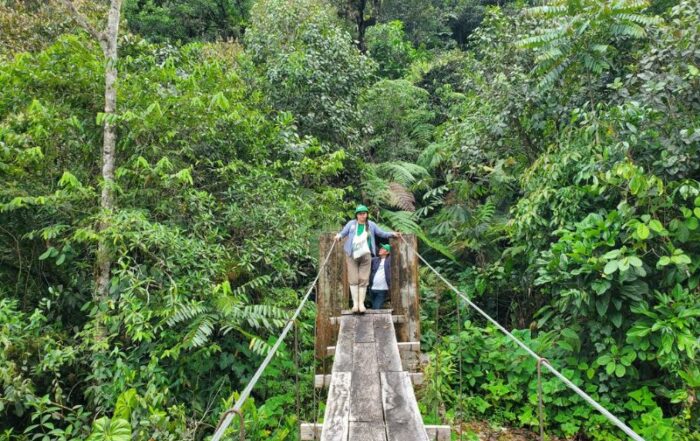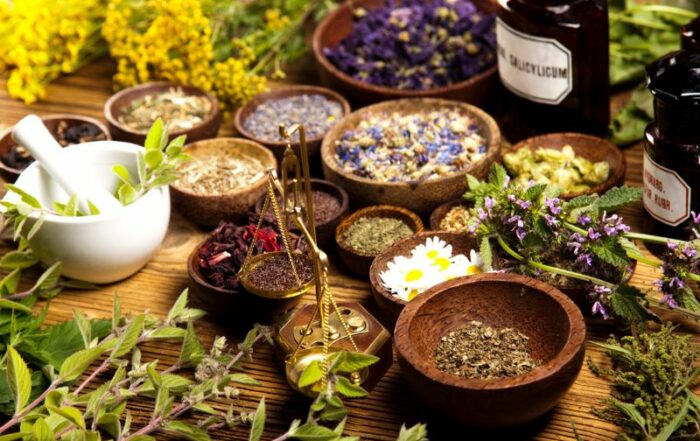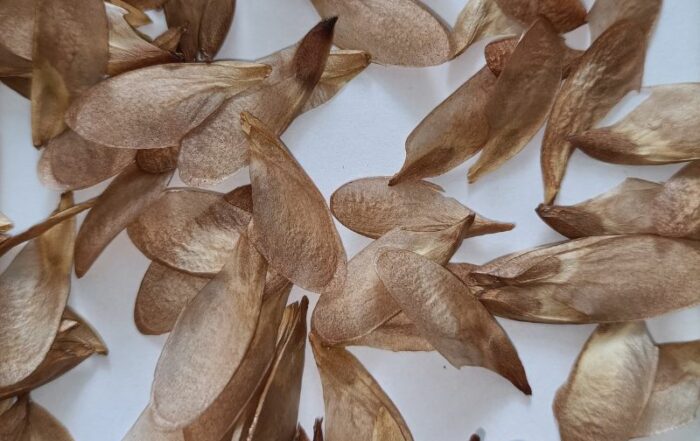Medicinal plants can be presented as a sustainable and viable economic alternative to deforestation. This alternative should be developed in Puerto Asís in Colombia and Ucayali in Peru, and would enable the marketing of products derived from ancestral medicinal knowledge, which has been passed down from generation to generation, particularly within indigenous communities.
In fact, on both sites, the communities of Piñuna Blanco and Iparia, in Colombia and Peru respectively, have extensive knowledge of nature, the various plants and their medicinal virtues. For example, the uña de gato ( Uncaria tomentosa) is a medicinal liana with anti-inflammatory properties, the aguaje fruit (Mauritia flexuosa) has antioxidant properties, and the hibiscus flower water has a proven role in the preventive treatment of hypertension.
Developing an economic activity related to medicinal plants in these communities could enable them to diversify their income and thus improve their living conditions, while at the same time enhancing the value of ancestral and traditional knowledge that is often gradually lost over the generations.

